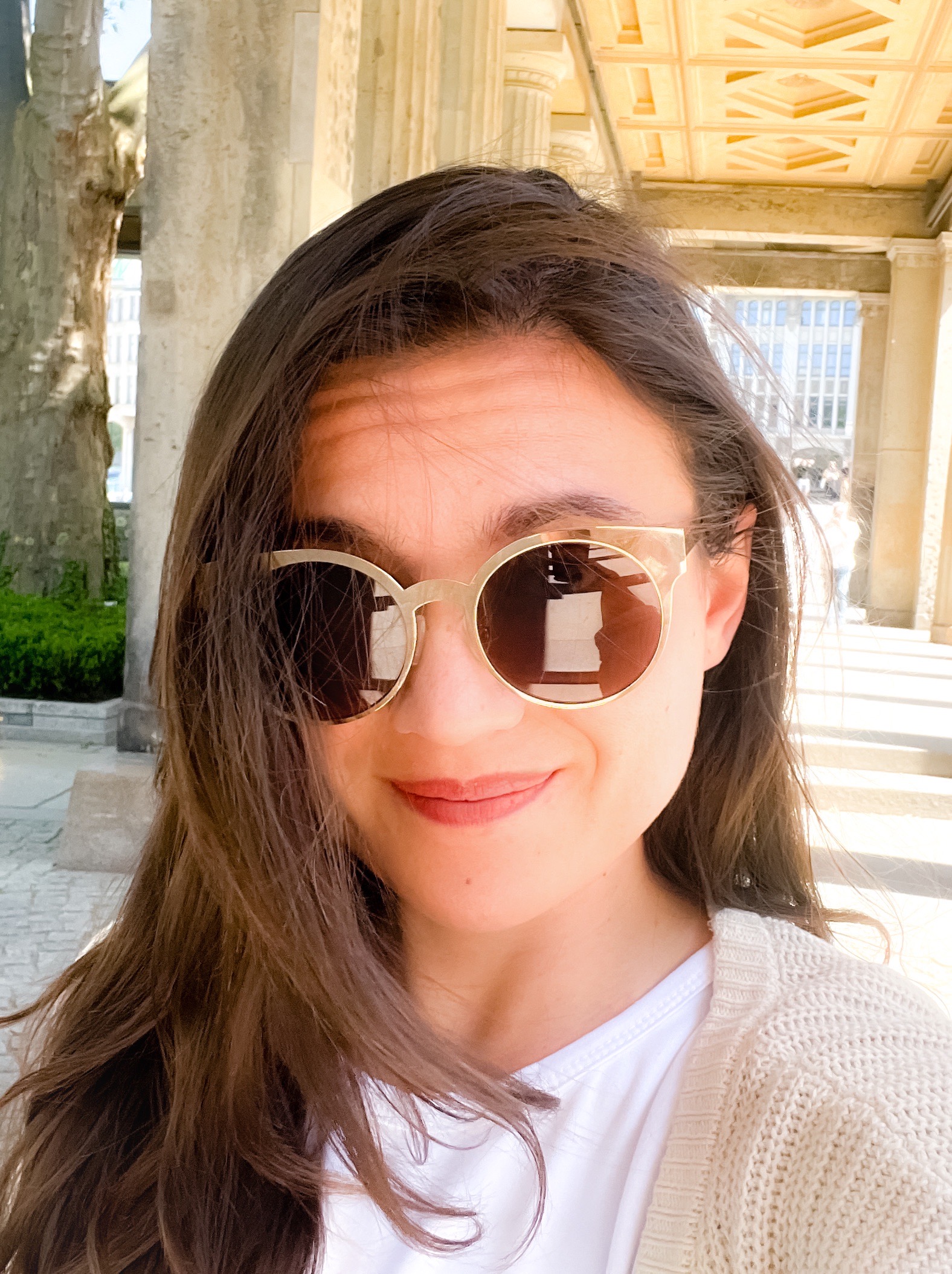In Boston’s Jamaica Plain neighborhood, there is a dispensary where a unique experience awaits the curious consumer. Named one of the best dispensaries in Boston by Thrillist, Seed is an adult-use cannabis retail establishment. What really makes this dispensary stand out, however, is the Core Social Justice Cannabis Museum located inside the shop.
Visiting the museum is free for those 21+. Check it out and explore the museum’s collection of exhibits, thoughtfully assembled by a team of diverse curators on a mission to end the injustices of cannabis prohibition and the war on drugs. Without further to do, here’s just a taste of the wonderful exhibits you’ll find sprinkled around the Core Social Justice Cannabis Museum.
American Warden
One of the first exhibits visitors encounter is the startling “American Warden” display. Did you know that the US imprisons 25% of the world’s inmates, despite the fact that it only makes up 5% of the Earth’s population? American Warden forces the viewer to reflect on America’s long-standing affair with the prison industrial complex.
The exhibit depicts how the prison industrial complex swallows up the lives of young black, brown, and Latino, Americans using faceless figures dressed in orange. Statistics portrayed in the exhibit convey this point even further tying in cannabis prohibitions’ racist roots. Finally, the exhibit ends with the sobering reality that any American male born after 2001 has a 1 in 13 chance of spending time behind bars.
Paraphernalia Collection
Right next to American Warden is a circular display covered in donated bongs, pipes, vapes, rolling papers, and lighters. This exhibit highlights the civil rights violations involved in cannabis policing.
Under the Fourth Amendment, Americans are protected against government search and seizure of their own property or person. However, the constitutionally protected reasonable expectation of privacy can be overridden if law enforcement claims that they have probable cause. The presence of cannabis paraphernalia (or even the reported smell of cannabis) is enough to undermine this right.
The exhibit also highlights how people from differing cultures or backgrounds adopt distinctive methods for consuming cannabis. The appearance of one’s paraphernalia signals where you are from and the traditions associated with cannabis consumption in your community. Because of this attachment between consumption and cultural identity, paraphernalia can facilitate social bonding across cultural lines.
Terpene Wall
This interactive exhibit features a wall of laboratory flasks from which guests can sample the smells of different terpenes. Each bottle is accompanied by a placard containing information about the terpene’s scent profile and its presence in botanicals beyond cannabis. The wall includes common terpenes associated with sativa and Indica strains, like limonene, pinene, caryophyllene, linalool, and myrcene.
The installation reveals how terpenes can impact our mood like aromatherapy to achieve different effects. Each strain is characterized by a specific psychoactive personality based on its terpene profile. The terpene wall also informs visitors about the entourage effect, a sort of synergism that occurs when terpenes buffer the psychoactive properties of tetrahydrocannabinol (THC) to create unique high experiences that the individual compounds would not produce used in isolation.
> Learn more about the effects of terpenes.
Jail Cell
Visitors of the cannabis museum also have the opportunity to sit in a jail cell made of real jail doors from the Massachusetts Belmont Jail. A placard details the doors’ origins during the industrial recession of the late 1800s where they were used to shelter homeless individuals looking for work in the town of Belmont.
Inside the cell, a video plays, retelling the tragic story of Jawara McIntosh (known in the music industry as Tosh1). As a practitioner of the Rastafari faith, Jawara was a devoted advocate for legalization. In 2017, the musician was unfortunately sentenced to six months in the Bergen County Jail on cannabis-related charges.
Why You Should Get Your Medical Marijuana Card
Veriheal has satisfied millions of patients nationwide by giving them access to these benefits
- Larger purchase limits
- Peace of mind
- Enhanced legal protection
- Access to higher potency strains
- Save up to 25% on cannabis purchases
- Skip the line at the dispensary
Shortly after incarceration, peace-loving Jawara was brutally attacked and beaten into a coma. His injuries were so severe that he spent over 500 days in a hospital. During this time, his family was unable to see him. The ordeal left Jawara significantly disabled for the rest of his life. In 2020, the musician and father of five died at the early age of forty.
Through Jawara’s story, the installation illuminates the inhumanity of the jail system. It also honors the memory of the prisoners and families who have been victims of the drug war to this day.
“Black Market” Cultivation
A replica of a makeshift black market cultivation structure houses the premises’ resident Cannabis sativa plants. This exhibit informs viewers about the history of illicit cultivation and its effects on cannabis plant genetics.
The shed-like installation resembles the illicit grow houses often used by prohibition growers. The exhibit traces the evolution of cultivation technologies, from powerful indoor grow-lighting to hydroponic systems.
The exhibit also shows guests how prohibition and the black market led to the cannabis THC levels we see today. Because of the plant’s historically illicit status, cannabis products came to demand a high price, which drove consumers and sellers to desire plants that were as potent as possible. As a result, modern cannabis plants’ THC levels are much higher than plants that existed before the 1970s. Back in the 70’s maximum THC levels were around 5%. Today, that has increased to a whopping 30% THC content at the highest level.
The Dispensary
While the museum is what makes Seed special, the shop is still a dispensary at it’s core. The original bar from the building’s former life as a bowling alley and nightclub serves as the counter where guests can order from an array of options.
Next to the bar, guests can examine buds from various strains along a counter. Clear boxes cover the flowers, and a magnifying glass top allows customers to more thoroughly compare and appreciate the properties of different breeds.
One of the shop’s unique offerings is a selection of stylish “stash boxes.” The bundles contain various products like joints, edibles, and tinctures perfect for whatever experience you’re looking for. The boxes have themes like “sleep,” “sex,” or “starter pack.” The store features discounts on spotlighted brands on a rotating basis, and provides everyday discounts for medical patients, veterans, and individuals facing financial hardship.
>> Find a dispensary near you.
Cannfessional
Can’t visit the cannabis museum in person? You can still participate in one of the museum’s exhibits from your own computer. The Cannfessional is an interactive platform where you can share your own cannabis story. The exhibit aims to capture the vastly different experiences and motivations of individuals who consume cannabis.
By sharing our unique and diverse experiences, we move toward breaking down the stigma and shame associated with cannabis use. Curators also hope to gain inspiration from these experiences for new installations.
Find yourself in Boston? Don’t miss out on the opportunity to check out all that the Seed Dispensary and Core Social Justice Cannabis Museum have to offer.
Author, Share & Comments








